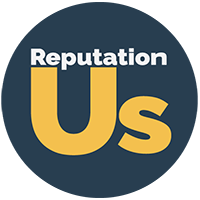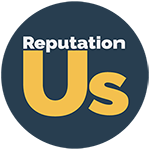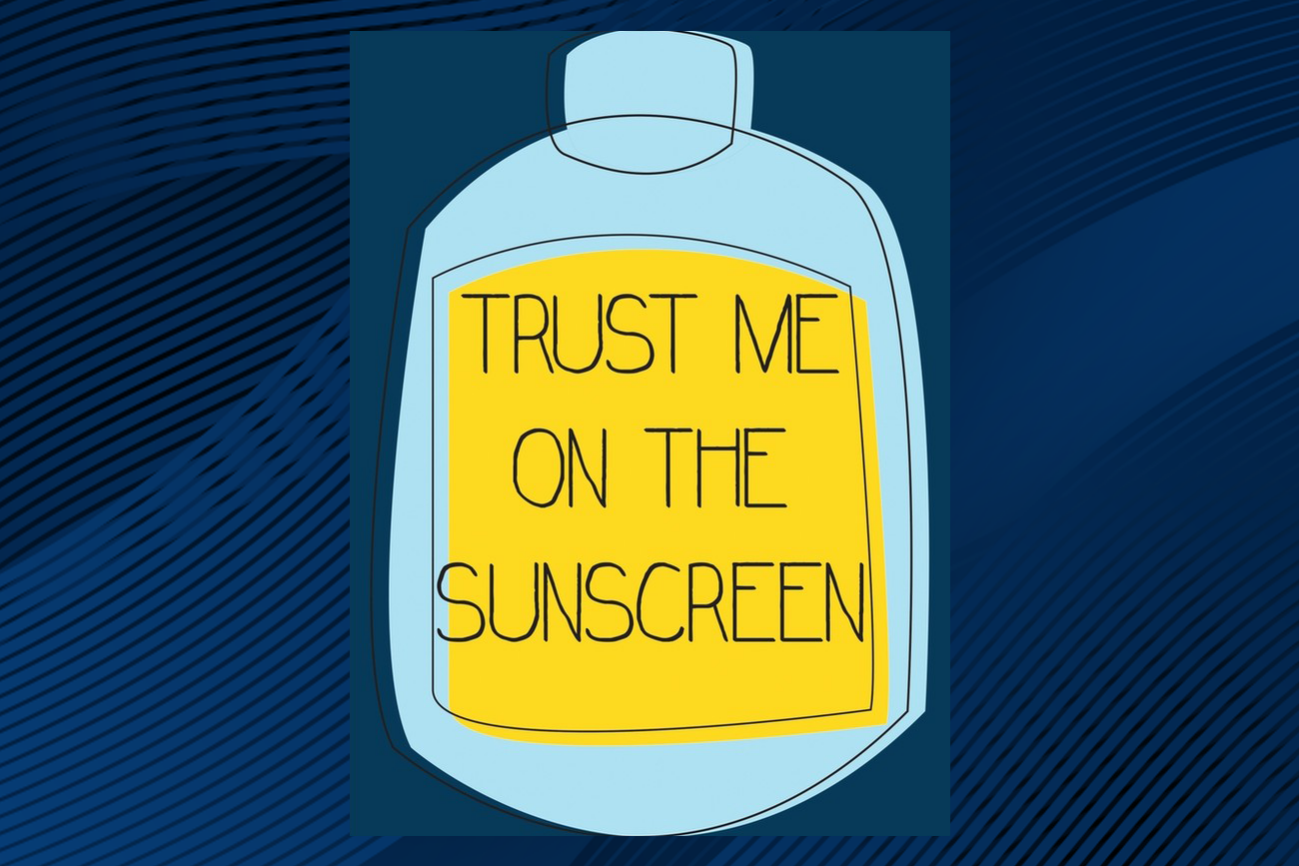Wear. Sunscreen. Twenty-two years ago Kurt Vonnegut’s commencement speech that was later made into a hit song led with this advice:
“If I could offer you only one tip for the future, sunscreen would be, it. The long-term benefits of sunscreen have been proved by scientists, whereas the rest of my advice has no basis, more reliable, than my own meandering experience.”
The opening of the speech was so memorable, in part, because it seemed so simple. But it’s all too easy to neglect the simple. We need reminders, such as drink more water, wear a safety belt, have a life preserver, wear a bike helmet, floss, get up from your desk and move around, every hour.
Our Advice: Protect Your Reputation
When it comes to safeguarding your company’s reputation or preparing for an unexpected crisis, think of it like putting on sunscreen. Having some simple precautions in place can help lessen the impact of the damage. On the other hand, some crisis situations—like having an intense sunburn—can be mitigated all together by taking some simple precautions with a risk management plan.
THINK: Applying sunscreen can prevent sunburn, or worse, cancer.
Even Sunscreens Experience Crises
Last month, sunscreen itself came under scrutiny by the F.D.A., reported by the New York Times, for containing chemical ingredients that are absorbed into the skin and into the bloodstream, rather than staying on top of the skin. As people have become more aware of sun damage, the usage of more convenient (i.e., less messy), chemical sunscreens, rather than mineral concoctions, like zinc oxide and titanium dioxide, has substantially increased. Higher use could mean more toxicity.
So while the sunscreen industry finds itself in a crisis situation of its own, it goes to show you that, even on a solid foundation, maintaining a good reputation requires having a proactive plan to enhance, protect and defend the positive perception people have of your company and/or product.
Plan Ahead
As a company, you may have solid plans in place to communicate during a crisis or mitigate risk, but new information may surface that can affect your reputation. For this reason, any solid reputation management plan should have three components:
- Understand your current reputation (i.e., what OTHERS say about your company, including staff). Conduct an internal and external audit to help determine the perception of your organization, your strengths and vulnerabilities, and any gaps in consistency.
- Create an actionable reputation plan. Establish your values to create specific objectives and reputational goals.
- Monitor and measure: Consider the current environment and create metrics that can help you measure changes in perception.
If a solid and scientifically proven piece of advice like “wear sunscreen” has to be reconsidered more than 20 years later, it only serves to show that with any crisis strategy, you must apply…and then reapply it as appropriate. If you need help, RepUs can help cover your back.








